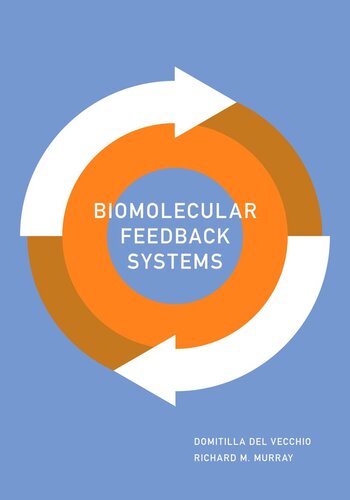

Most ebook files are in PDF format, so you can easily read them using various software such as Foxit Reader or directly on the Google Chrome browser.
Some ebook files are released by publishers in other formats such as .awz, .mobi, .epub, .fb2, etc. You may need to install specific software to read these formats on mobile/PC, such as Calibre.
Please read the tutorial at this link: https://ebookbell.com/faq
We offer FREE conversion to the popular formats you request; however, this may take some time. Therefore, right after payment, please email us, and we will try to provide the service as quickly as possible.
For some exceptional file formats or broken links (if any), please refrain from opening any disputes. Instead, email us first, and we will try to assist within a maximum of 6 hours.
EbookBell Team

4.1
40 reviewsThis book provides an accessible introduction to the principles and tools for modeling, analyzing, and synthesizing biomolecular systems. It begins with modeling tools such as reaction-rate equations, reduced-order models, stochastic models, and specific models of important core processes. It then describes in detail the control and dynamical systems tools used to analyze these models. These include tools for analyzing stability of equilibria, limit cycles, robustness, and parameter uncertainty. Modeling and analysis techniques are then applied to design examples from both natural systems and synthetic biomolecular circuits. In addition, this comprehensive book addresses the problem of modular composition of synthetic circuits, the tools for analyzing the extent of modularity, and the design techniques for ensuring modular behavior. It also looks at design trade-offs, focusing on perturbations due to noise and competition for shared cellular resources.
Featuring numerous exercises and illustrations throughout, Biomolecular Feedback Systems is the ideal textbook for advanced undergraduates and graduate students. For researchers, it can also serve as a self-contained reference on the feedback control techniques that can be applied to biomolecular systems.